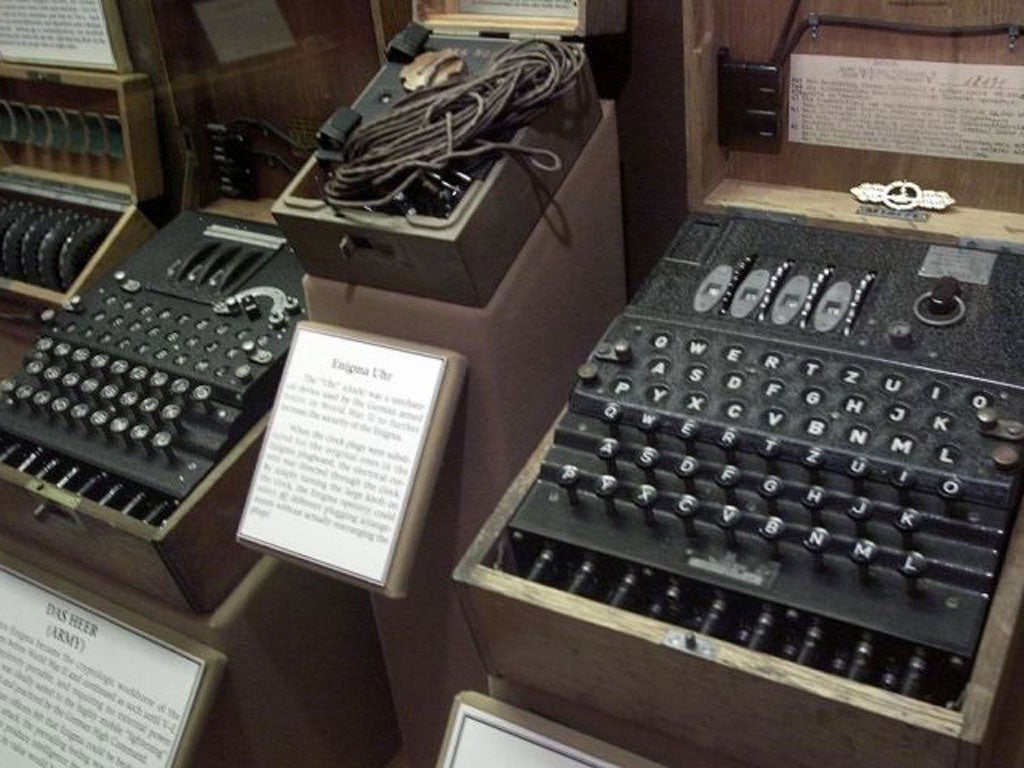Pardon to be re-examined for codebreaker Turing

He is widely credited as the father of modern computing, and played a pivotal role in cracking the Nazi Engima cipher, but sixty years after his death Alan Turing campaigners are still awaiting a pardon from the government over his conviction for homosexual behaviour.
The campaign for a pardon today received a boost, albeit slight, from the Commons leader Sir George Young after he pledged to have another look at the case following lobbying by an MP.
An application for a pardon has already been rejected once and Sir Young was clear that the review of the case was unlikely to lead to a different outcome without new evidence.
The centenary of Turing's birth will be marked in June this year.
Turing, whose work at Bletchley Park helped crack the Nazi Enigma code, was convicted in 1952 and committed suicide two years later.
The review of the case for a pardon was prompted by Tory, Iain Stewart, who holds a seat in the Milton Keynes south which includes Bletchley Park.
Mr Stewart called on the Government to consider “whether it would be appropriate to grant him a pardon for the so-called crime of which he was convicted”.
Responding to the question in the Commons, Sir George said:
“I understand that an application for a royal prerogative of mercy was put forward on the basis that the offence should not have existed, but sadly one cannot give a royal prerogative on those particular grounds.
“The argument that it should not have been an offence in the first place is not normally a ground for prerogative.”
The call for a pardon comes in the week that a new exhibition depicting the life and work of Turing opened at Bletchley Park in Buckinghamshire.
The collection includes artefacts contributed by Turing’s family as well as rare mathematical papers.
Following his conviction in 1952 Turing underwent a so-called 'chemical castration' – which involved having injections of oestrogen for a year - he did so in order to avoid a prison sentence.
In 2009, then prime minister Gordon Brown issued an apology for the treatment of Turing saying,
"The debt of gratitude he is owed makes it all the more horrifying, therefore, that he was treated so inhumanely."
Subscribe to Independent Premium to bookmark this article
Want to bookmark your favourite articles and stories to read or reference later? Start your Independent Premium subscription today.

Join our commenting forum
Join thought-provoking conversations, follow other Independent readers and see their replies